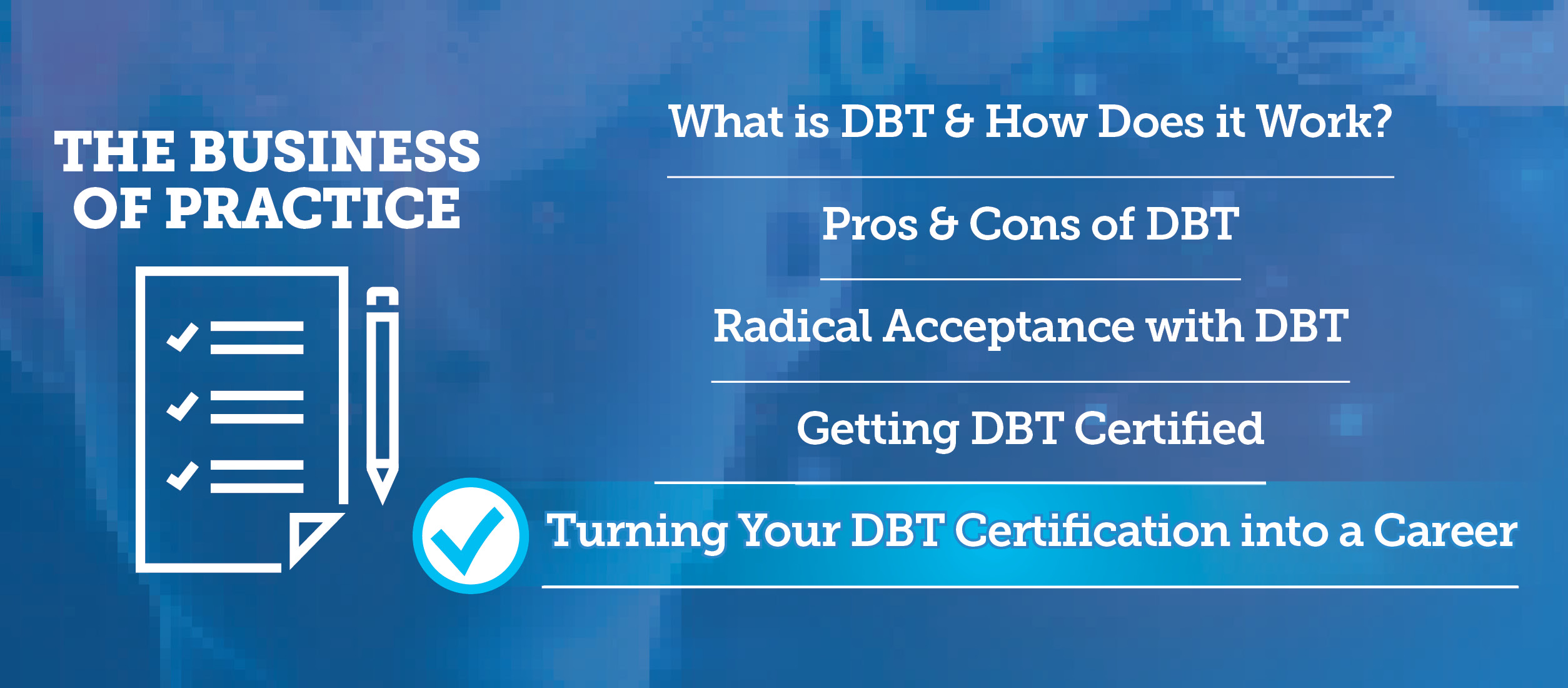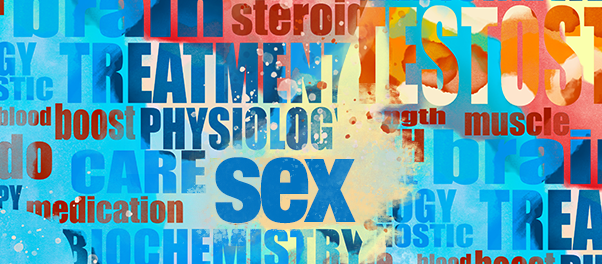DBT Certification Unlocks New Doors
A host of challenging populations would benefit from Comprehensive DBT. By completing CONCEPT’s DBT training certification, you can expand your clinical practice and work with new populations. Here are a few populations that are targeted in our DBT programs that may interest you:
- Forensic Settings: The need for appropriate mental health treatment for individuals in the United States criminal justice system is paramount. DBT has been found to have practical utility for reducing violence and self-harm in forensic settings. Many of the programs in this certificate will provide specific adaptations and strategies that are clinically useful for various adult and juvenile forensic settings such as jails/prisons, forensic hospitals, and juvenile justice settings.- Children & Adolescents: DBT can help kids and teens who have a lot of trouble handling their intense emotions. Clinicians can use DBT to help kids relate to others more healthily. Kids need tools to manage their problems and stick to adaptive habits such as eating well, taking medication, staying away from drugs, and getting enough sleep. DBT provides clinicians with various ways to teach youth these tools. Specific to this population, the DBT skill walking the middle path teaches kids how to validate others and compromise and negotiate.
- Substance Use: Clinicians can integrate DBT skills demonstrated as effective at helping addicted people stop using drugs and alcohol into treatment plans. Learn how DBT commitment strategies are enhanced for persons with substance use disorders. Support patients with mindfulness practices for “Urge-Surfing.” Clinicians can use DBT to assist clients in changing their behavior and their surroundings to help facilitate sobriety.
Even if you just want to expand your current clinical toolbox, our DBT training is for you!
DBT can assist with improving general clinical skills. DBT Skills training is an essential component of comprehensive DBT. However, some evidence suggests that just skills and case management may be efficacious for less acute clients. Therefore, the primary focus of this program will be the content and delivery of the four DBT skills with emphasis on appropriate adaptations (e.g., substance abuse, violence reduction, obsessive thinking).
Is Comprehensive DBT Covered by Insurance?
Mental health professionals are becoming keenly aware of the overwhelming and challenging process of finding a clinician. It is not any easier for consumers to access high fidelity DBT and in the midst of what is likely an already incredibly overwhelming time, this can be additional and unnecessary. We at CONCEPT are happy to offer comprehensive DBT training to clinicians and organizations, to provide the field with additional DBT providers who have gone through a rigorous certification program. By becoming DBT certified clinicians are eligible for insurance reimbursement, making themselves more marketable and consumers search easier.
When a consumer is in search of a specialized form of psychotherapy, but there is no provider or even program who offers it who is in their network, they may be able to receive the service out-of-network with the in-network copay/deductible. This is called a “Single Case Agreement (or exception)” and it is possible for consumers to receive DBT this way! With a SCA, out-of-network services are the same cost as in-network therapy. Being aware of this allows clinicians to help their clients who would benefit from DBT do so in a cost-effective manner. As a clinician or an agency, reaching out to insurance companies to become a credentialed provider allows clinicians to expand their caseload and consumers to easily access necessary services.























